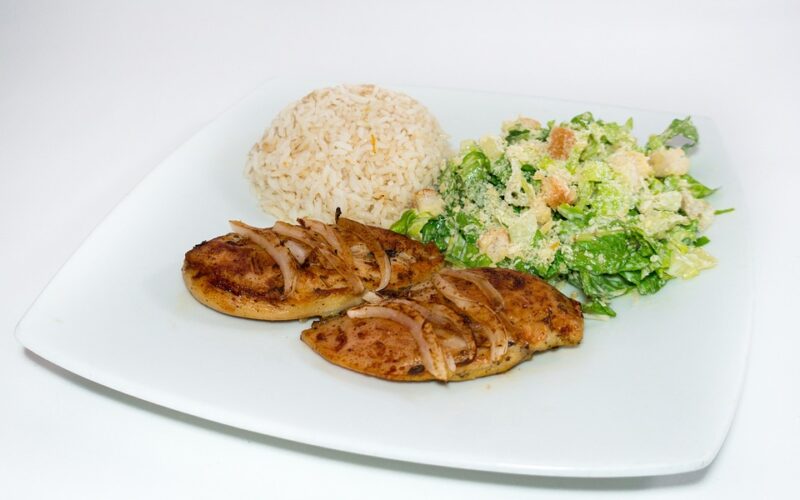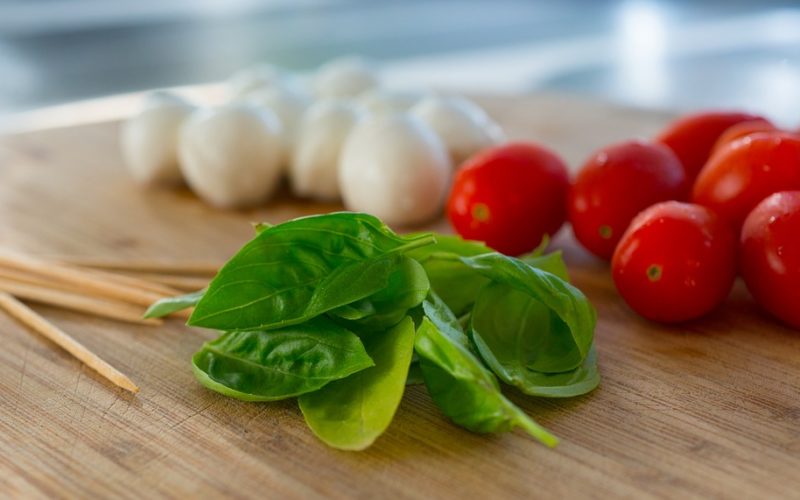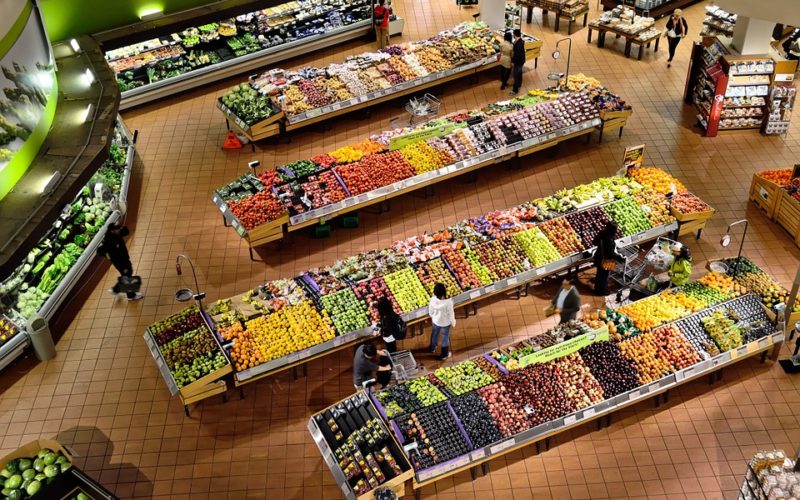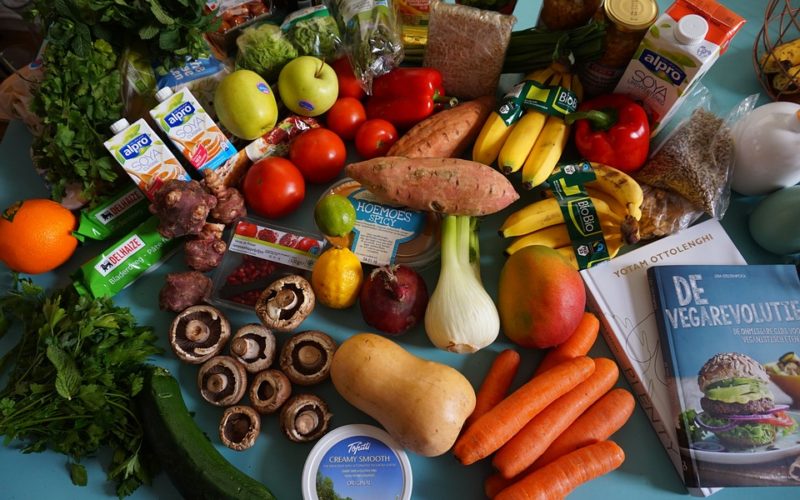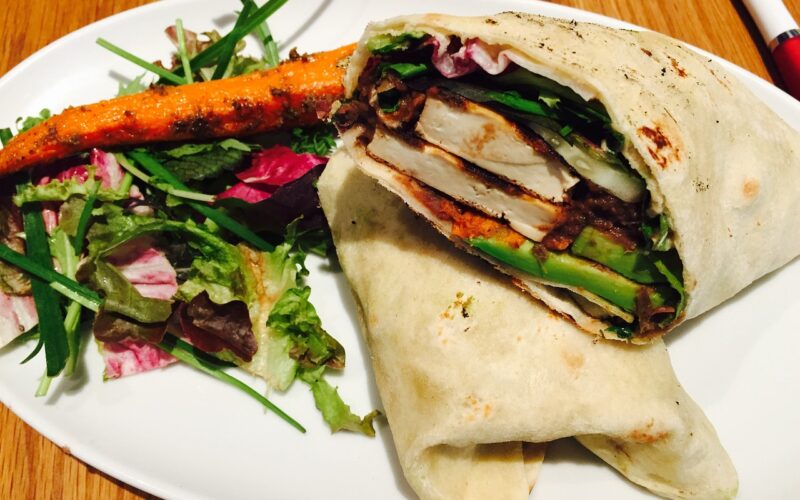Eat to a Meal Plan
Do you ever find yourself eating whatever is in sight without thinking too much about it? Do you feel like you have a good diet but are just missing that little something to take your healthy lifestyle up another notch?
If so, then developing an effective meal plan may be the right move for you.
Eating to a plan doesn't mean giving up taste or feeling constrained; it's actually quite the contrary, creating and following a meal plan helps make healthier decisions easier by providing structure and helping create better habits when it comes to food choices.
What is a meal plan
A meal plan helps to ensure that you get the right nutrition and eat a balanced diet full of essential vitamins and minerals. It is based around your lifestyle and dietary needs, created by nutritionists or dietitians to give you variety, flexibility, and comfort all while making sure you stay healthy.
The benefits associated with following a meal plan include more consistent energy levels throughout the day due to planned out meals; greater clarity of thought due to a nutrient-dense intake; money saved since you know what groceries you need prior to shopping; less temptation for unhealthy snacks as it requires commitment; improved digestion; and enhanced physical performance as a result of key required elements in the plan.
Meal planning is no joke, it can truly set you up for long term success both in terms of physical health and mental well-being.
Countless meal plan options
With countless meal plan options available, it can be difficult to figure out how to find the one that fits your lifestyle and nutritional needs.
Fortunately, there’s something for everyone, whether you're following a vegan diet or looking for low-carb meals. Calorie counters and portion control plans are designed to help you manage your weight through mindful eating.
Additionally, some plans can help simplify grocery shopping and meal preparation while still delivering balanced nutrition. No matter which plan is right for you, it's important to stay on top of your nutritional intake, so try to avoid fad diets that promise quick results and ask yourself if the plan is sustainable in the long run.
Organise these recipes into categories
Creating a meal plan that works for you may feel daunting, but it doesn't have to be. Start by keeping a food diary and writing down what meals you have had and how they made you feel afterwards.
This will help you determine which foods nourish your body best and which ones don't work for you. Once you know what makes your body feel good, compile a list of recipes that suit your preferences and dietary restrictions.
Organise these recipes into categories such as breakfast, lunch, dinner, and snacks and design yourself a weekly meal plan based on those categories. Doing this in advance can create more space for spontaneity during the weekdays when time is limited.
Pros and cons
Eating prepared meals as part of a meal plan can be a convenient option for someone with a busy lifestyle. On one hand, the ease of having delicious and nutritionally balanced meals that are ready to eat can save time and money.
However, there is also a downside, prices for pre-made meals can be quite expensive, and the portions often vary. There is no guarantee that you will get the same amount of food in each order, so it's hard to budget accordingly.
In addition, although some pre-made meals are nutritious, many contain preservatives or fillers to make them last longer on store shelves. Ultimately, whether or not preparing meals as part of a meal plan is an effective option depends on individual needs and preferences.
Saving money by preparing your own meals
Eating at a restaurant is convenient, but it can get expensive quickly. Preparing your own meals on the other hand is cheaper, healthier and puts you in control of what ingredients are going into your food.
With a little bit of planning ahead and organisational skills, you can create delicious meals in the comfort of your own home while saving money at the same time! Start out small by preparing simple dishes that don't require as much preparation.
Be sure to make larger batches because leftovers are always a plus when it comes to meal prepping!
